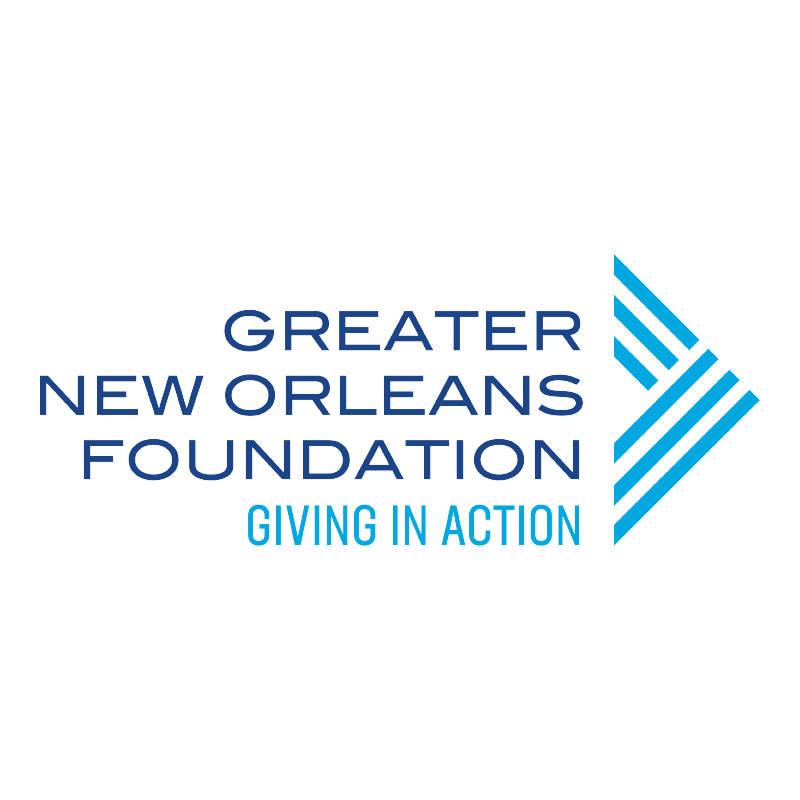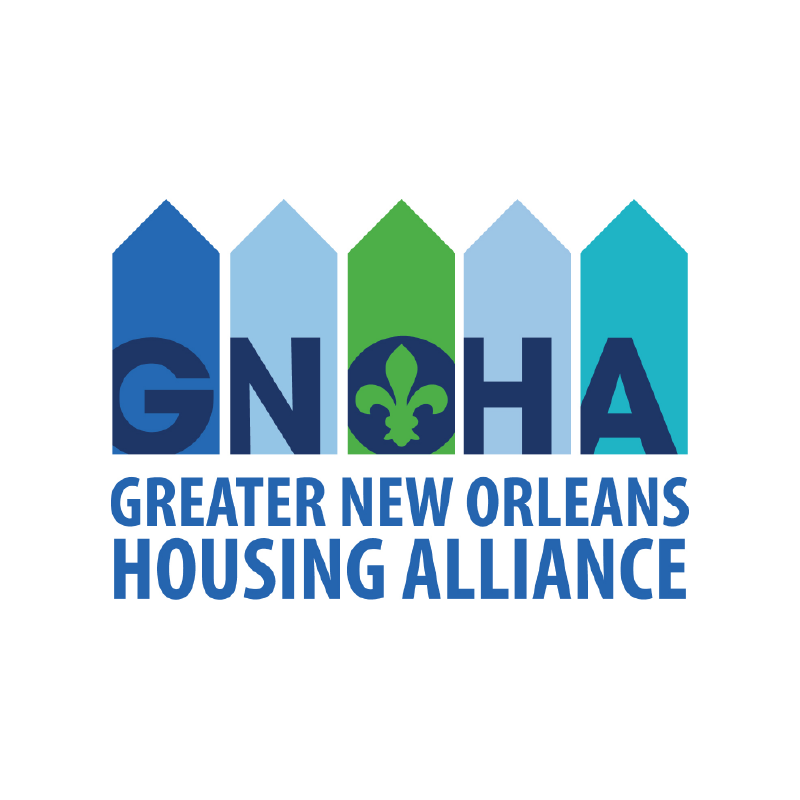This category measures how well our community supports high-quality, safe, affordable, and accessible housing to individuals and families of all income levels throughout New Orleans.
What is your impact in this category? Take the Love Your City Assessment and learn how you can maximize your organization’s impact!
DID YOU KNOW?
That you should not be spending more than 30 of your income on housing?
If all renters and owners in New Orleans spent what they should in housing, they would free 513 million dollars?
That since Hurricane Katrina, New Orleans has created 88,190 affordable housing opportunities
OUR CHALLENGE
We still need 33,000 more affordable housing opportunities.
WHAT YOU CAN DO / WHO CAN HELP
Support the Smart Housing Mix. Register at puthousingfirst.org / GNOHA / 504-224-8300 / City Council
Support more resources for affordable housing in the City’s Budget. Participate in CBNO’s Big Budget Game / CBNO - Big Budget Game / 504-267-4666
Protect the Neighborhood Housing Improvement Fund. Register at puthousingfirst.org / GNOHA / 504-224-8300 / City Council
WHAT DO POLITICAL LEADERS NEED TO KNOW ABOUT YOUR SECTOR?
New Orleans is experiencing an ongoing housing crisis that will now be exacerbated by the economic impacts of COVID-19. The pandemic proved that housing is health care and there is a need for over 33,000 affordable units. Filling the gap of affordable housing in New Orleans is imperative to achieve resilience.
WHAT ARE YOUR LOCAL POLICY RECOMMENDATIONS?
Allocate funds from CARES Act CDBG and Emergency Service Grants for immediate rental assistance and secure occupiable hotel rooms and short-term rentals for those experiencing homelessness to shelter-in-place. Identify funding to support existing homeowners including foreclosure prevention counseling
HANO must improve performance and increase Section 8 utilization rate by increasing PBV referrals and improve their program management in order to retain quality landlord.
Assessor’s office must implement recommendations from Legislative Auditor’s report to improve performance.
Ban income discrimination on for programs that match Section 8 voucher holders with vacant homes and prevent landlords from refusing to rent to Section 8 voucher holders.
Invest in a local housing trust fund to create more affordable housing units and use HOME funds to spur the development of more affordable homeownership units.
Increase Low Income Energy Assistance Payment in the next allocation of federal funding to cover utility costs.
Implement the Smart Housing Mix, local inclusionary zoning policy, to incentivize the creation of affordable units in areas of opportunity throughout New Orleans.
Suspend all tax sales, as well as fees, penalties, interest on property taxes, and sales of adjudicated properties or the foreseeable future. Invest in programmatic outreach and assistance to ensure residents are aware and can apply for Economic Impact Payments as well as unemployment, Social Security Disability, SSI, VA, SNAP, and Medicaid benefits.
Funding directed to the tourism and hospitality industry (Convention Center, LA Superdome, etc.) that does not meet immediate needs should be reallocated to provide financial support to tourism and hospitality workers‚ including housing assistance. Funding from the NOPD budget needs to be reallocated to support the creation of new affordable housing units and homeless services to ensure we are supporting those experiencing homelessness rather than policing them.
WHAT ARE YOUR STATE POLICY RECOMMENDATIONS?
Allocate CARES Act and Coronavirus Relief Funds to create rental assistance programs.
Allocate Emergency Solutions Grant dollars equitably for communities in need of shelter for the chronically homeless or to prevent other who are at the margin of homelessness including using hotels and short term rental units.
Secure funding to provide support to homeowners for long term support including securing approval from Congress to allocate remaining Road Home funding to create homeowner assistance program.
Continue to reduce funding to state prison system and reallocate funding to create housing programs for formerly incarcerated that includes supportive services and promotes family reunification.
Find dedicated revenue sources and commit funds on hand to the Statewide Housing Trust Fund for use as an Emergency Housing Trust Fund as well as creating affordable housing and emergency preparedness.
Pass legislation that allows local municipalities to set their own minimum wage, which currently sits at $7.25/hr, to allow residents to afford their homes as home prices continue to increase.
Pass legislation to allow blighted and vacant properties to return to commerce.
Stop pitting rural communities against urban communities in funding allocations and instead works to address regional needs.
Implement Coastal Master Plan and use the $600 million in resources to allow communities of color to secure safe, decent, affordable and sustainable housing and begin to diversify our local economy to end our dependence on the oil and gas industry
WHAT ARE YOUR FEDERAL POLICY RECOMMENDATIONS?
Pass the HEROS Act to allow for $108 billion in rental assistance and pass a national unified eviction and foreclose moratorium.
Increase funding to HUD long term to ensure that we are able to meet escalating housing costs.
Increase Housing Choice Voucher (Section 8) and Public Housing subsidies.
Increase Capital Fund/Choice Neighborhood Initiative to fund more rehab (energy efficient) and development.
Increase supporting services funding to provide services for chronic homeless, subsidized renters, first time homebuyers, foreclosure prevention and unassisted renters (homeless prevention).
Increase support for vulnerable populations (people with disabilities, formerly incarcerated, housing for people living with HIV/AIDS, veterans, people with mental illness, victims of domestic violence, opportunity youth and LBGTQ+).
Fund the National Flood Insurance program to maintain affordable flood insurance nationwide.
Increase enforcement of the Community Reinvestment Act to ensure that banking and financial institutions are addressing the affordable housing crisis and racial inequities through affordable loan products for future homeowners and developers in addition to other community investments; and addressing COVID-19 by allowing for loan modifications for homeowners and landlords.
POWERED BY
Category Leader
Andreanecia Morris
President/Chairwoman
Greater New Orleans Housing Alliance
www.gnoha.org
amorris@gnoha.org






